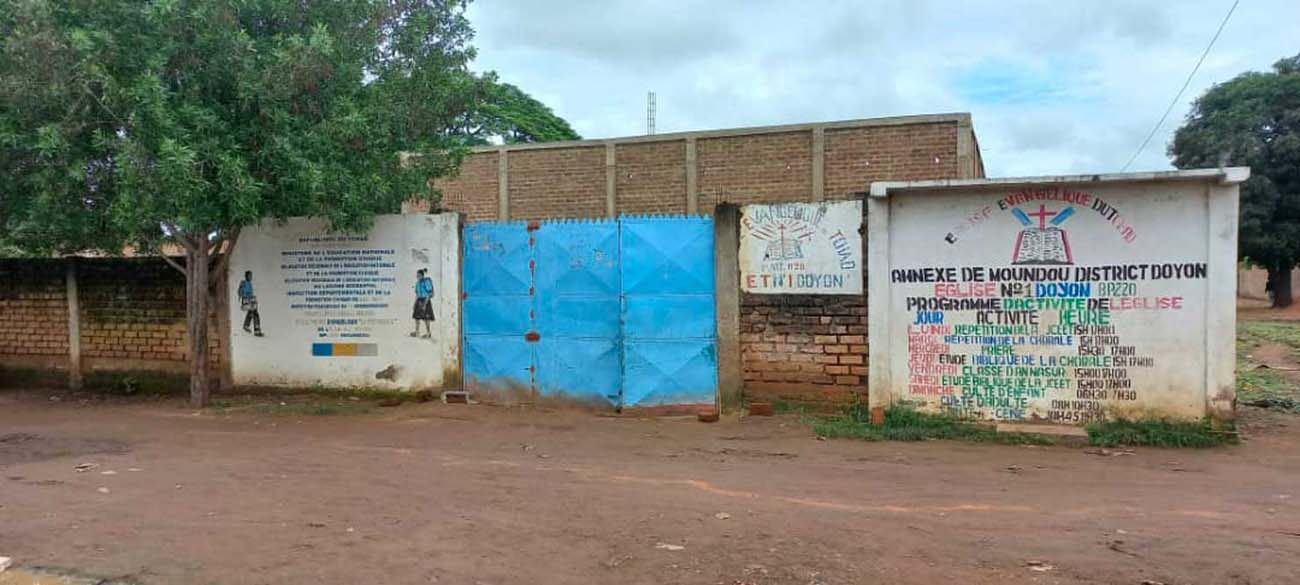
Chad: No more class disruptions for pupils as project delivers toilets in 11 regions
Until three years ago, pupils at the Number One Evangelical Church of Chad primary school were forced to relieve themselves in the open air or go home to use the toilet. Now the school, in Moundou, Chad’s economic capital, is equipped with latrines.
The school benefited from a water and sanitation program rolled out in semi-urban and rural areas in 11 regions in Chad. The first phase started in 2018 and benefited from three grants: $10.22 million from the African Development Fund, the concessional window of the African Development Bank Group, $3.52 million from the Rural Water Supply and Sanitation Initiative, an African Development Bank initiative, and $9.80 million from the Global Environment Facility.
Halfway through the program, 135 blocks of three-stall flush latrines had already been built and delivered. In addition to the sanitation works, 8 of the 19 boreholes planned for mini drinking water systems have been completed.
“The latrine blocks and waste management infrastructure has benefited Moundou and is in line with the neighbourhood’s activities,” said Eric Koularambaye, director of roads in Moundou. He recalls that, before the project, rubbish was dumped everywhere, the main conduit for the proliferation of mosquitoes and diseases linked to unsanitary conditions.
“Since the works, we have seen a big change. The rubbish is deposited in the rubbish bins before being taken to the final dumping grounds. As a result, the concessions are clean, the city is sanitised and the cases of illnesses caused by the lack of sanitation and hygiene have dropped significantly. We hope that the African Development Bank will continue implementing projects that contribute to the well-being of the population,” Koularambaye said.
In Doba, residents are also pleased with the project’s achievements. “Our neighbourhood had no public latrines and open defecation was taking on worrying proportions. Now, this is just a distant memory,” said Maurice Pandje, the town’s mayor. “We thank the Bank for having supported the Chadian government in improving the living conditions of the population. We urge it to carry out other similar projects because these works are really beneficial.”
Thanks to the Drinking Water Supply and Sanitation Program, nearly 5,000 temporary labour-intensive jobs have been created, as well as 3,500 permanent jobs, 40% of which are held by women.


